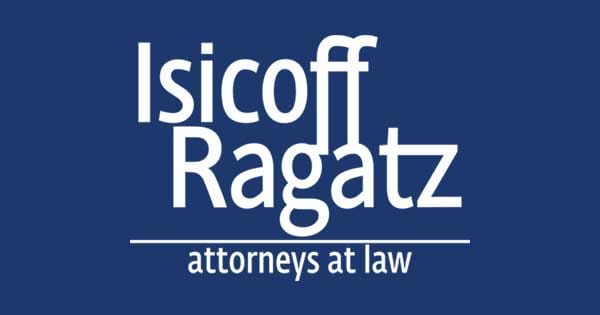Many people in Florida and elsewhere file a copyright application is to ensure that their work is protected from infringement. However, there are certain situations when a copyrighted work can be used by another person or entity. The laws related to such “fair use” can be found in Section 107 of the Copyright Act, 1976. This blog post will define fair use and try to summarize when the use of a copyrighted work is considered as fair use.
Understanding fair use of a copyrighted work
Fair use of copyright is a legal doctrine that promotes the freedom of expression by allowing the use of a copyrighted work without a license or permission under certain acceptable circumstances. For example, Section 107 of the Copyright Act identities a few types of use that can be considered fair. Those include, but are not limited to, teaching, research, news, reporting, criticism and commentary.
Factors used to determine fair use of a copyrighted work
Per Section 107 of the aforementioned Act, there are four factors that can be used to determine whether the use of a copyrighted work is fair or not:
- Purpose and character of the use: In order to determine fair use, courts look at how the work was used. For example, while the use of the work for teaching and research may be considered fair use, its use for commercial purposes may not be considered fair use. However, if the work is used after adequate “transformation” to add more value to it, without substituting the original use of the work, courts are likely to consider that as fair use.
- Nature of the copyrighted work: Determination of fair use also depends on the nature of the work. For example, if the work that was used was a story or a poem, the chances of a successful fair use claim are lesser that when the work used is a news report or a technical or scientific article.
- Amount and substantiality of copyrighted work used: The amount of the copyrighted work that is used is the next factor. If the original work is used extensively, a claim for fair use may not stand; however, if only small portions of the original work is used, courts may consider it as fair use.
- Effect of the use on potential market or value: Courts also look at the effect that the unlicensed used of a copyrighted work may have on the current and future value and the current and potential market of the copyrighted work.
Courts may also consider other factors but those are generally on a case-to-case basis.
Challenging the unlicensed use of a copyrighted work
As illustrated, some cases of unlicensed copyright use may be fair but there are numerous instances when a copyrighted work is used without permission and that use is unfair. In such circumstances, it may be a wise decision to seek professional guidance from an experienced intellectual property attorney as soon as such unfair use is discovered.

